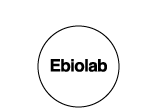
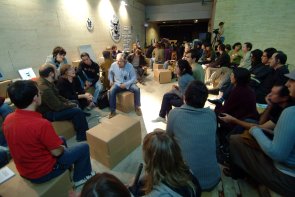
Banco común de Conocimientos[BCC] (Common Knowledge Bank), 2006/08
Platoniq
Interactive installation and action
Iis logical to think that the so-called Information and Knowledge Society we find ourselves in today assigns special value to information and knowledge, understood now as the agents driving the current social, political, economic and cultural transformation. However, it is certainly not as logical to think that the strategic position knowledge occupies in this contemporary development and transformation should be based solely on the privatization of a common good as valuable as knowledge.
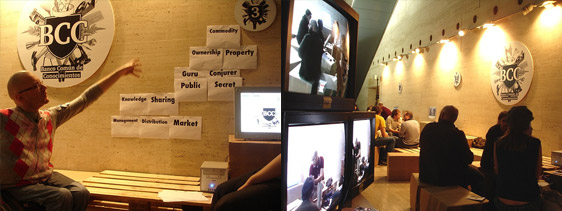
All difficulties in mobility and accessibility to information and knowledge also comprise a serious obstacle to the development of the Knowledge Society. Consequently, creating, sharing, transmitting and extending the exchange of knowledge in the public sphere become an essential activity if one also aims to contribute to the growth and development of our societies.
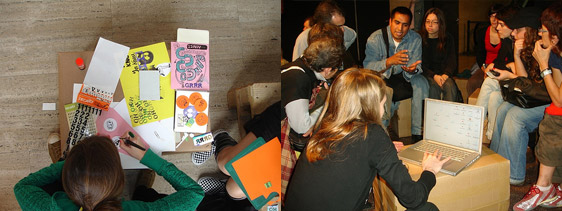
Everyone knows that the development of the Internet was possible thanks to the collective effort and work of thousands of distributed agents who publicly shared their knowledge to achieve a common goal. Collective creation and intelligence have been fruitful in the context of information and communication technologies, and the participatory, cooperative and collaborative dynamics practiced by the community of programmers and Internet users in the last few decades led to a body of theoretical and practical approaches which have come to comprise what is known as Free Culture. Examples of the new forms of production and distribution behind the name “Free Culture” and the Copyleft philosophy include the Internet with its information exchange protocols, P2P computer distribution networks, and free software developed collaboratively under general public license (GPL).
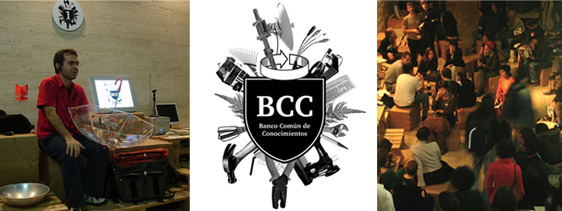
The Common Knowledge Bank exports these characteristic dynamics of Free Culture and the Copyleft philosophy to general processes of knowledge generation and transmission among citizens. This way, work processes and methodologies are researched while the production of content, mutual education and citizen participation is carried out for the purpose of giving free access to the knowledge generated by the communities in which the Common Knowledge Bank is installed. Consequently, the contents generated are Copyleft, and can be copied, redistributed or modified freely. Based on the organization of meetings among citizens, through an ample typology of resources, formats and dynamics exported from different contexts, the Common Knowledge Bank experiments with new forms of production, learning and citizen participation.
